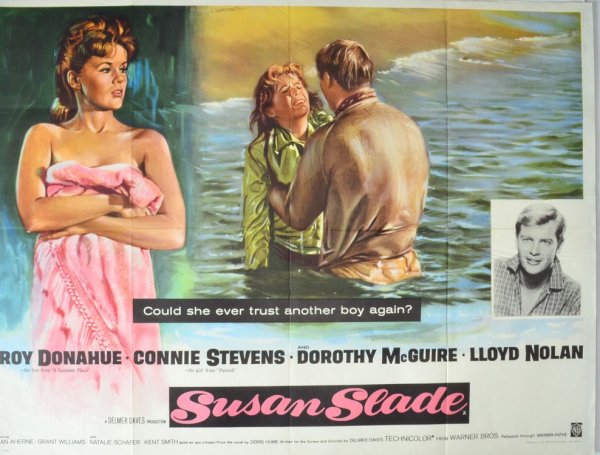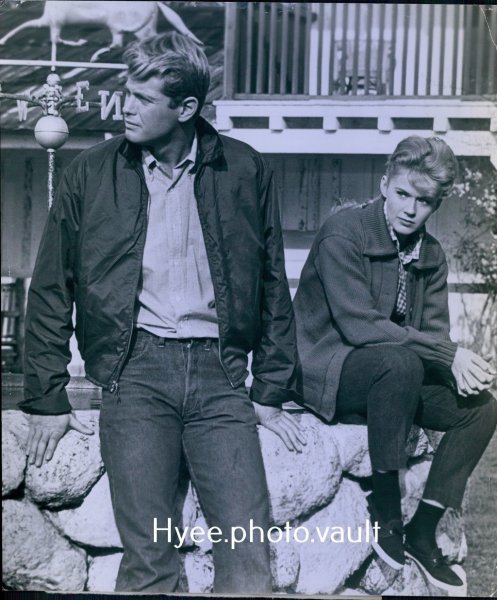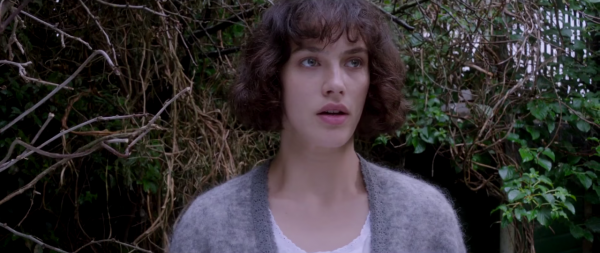- Messages
- 13,533
- Location
- Germany
The Ides of March (2011)
 John Lofgren Monkey Boots Shinki Horsebuttt - $1,136 The classic monkey boot silhouette in an incredibly rich Shinki russet horse leather.
John Lofgren Monkey Boots Shinki Horsebuttt - $1,136 The classic monkey boot silhouette in an incredibly rich Shinki russet horse leather.  Grant Stone Diesel Boot Dark Olive Chromexcel - $395 Goodyear welted, Horween Chromexcel, classic good looks.
Grant Stone Diesel Boot Dark Olive Chromexcel - $395 Goodyear welted, Horween Chromexcel, classic good looks.  Schott 568 Vandals Jacket - $1,250 The classic Perfecto motorcycle jacket, in a very special limited-edition Schott double rider style.
Schott 568 Vandals Jacket - $1,250 The classic Perfecto motorcycle jacket, in a very special limited-edition Schott double rider style. 

You'll never think of ZaSu Pitts the same way again.
You may be getting old, but that's not why you can't figure out the plot of "The Big Sleep". Everyone has that problem."The Big Sleep" - Of course I'm a bit confused, not my first viewing... Still don't know who killed the chauffer and why. Don't know who shot Geiger and why... Can someone illuminate me.. or am I just getting old.
Worf
I agree with @EngProf. There are a number of reasons I enjoy watching The Big Sleep, but coherent storytelling is nowhere on the list.
With regards to the chauffeur, legend has it that Howard Hawks and screenwriters William Faulkner and Leigh Brackett couldn't figure out who killed him either, so they called Raymond Chandler who angrily told them the answer was right there in the book. Chandler later called to apologize because he himself couldn't remember, so he looked through the book and couldn't figure it out either.Chandler left it for them to decide.

My wife and I have been watching Outlander on Netflix. I just mentioned to her a couple of nights ago that the lead female character must be contractually obligated to show us her nipples at least twice per episode. Now I must admit that a certain amount of this is not appalling to me, however gratuitous is definitely the perfect word choice here.Today we need a word past gratuitous
My wife and I have been watching Outlander on Netflix. I just mentioned to her a couple of nights ago that the lead female character must be contractually obligated to show us her nipples at least twice per episode. Now I must admit that a certain amount of this is not appalling to me, however gratuitous is definitely the perfect word choice here.